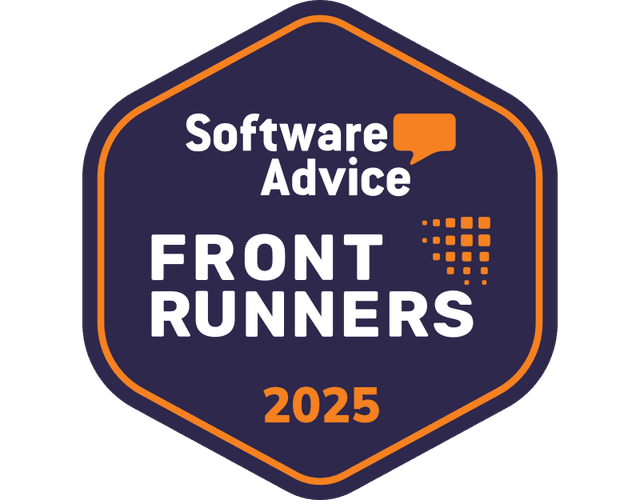What is Hospital Management Software?
Hospital management software is a digital solution that helps healthcare facilities manage their administrative, financial, and clinical operations. It streamlines processes such as patient registration, appointment scheduling, billing, and inventory management, enhancing efficiency and patient care. These systems are often cloud-based and integrate multiple departments, ensuring smooth coordination across healthcare facilities.
Importance
Using hospital management platforms is crucial for optimizing the workflow of healthcare facilities. These systems automate and streamline tasks such as patient registration, appointment scheduling, billing, and inventory management, reducing the workload on staff and improving operational efficiency. By integrating multiple departments into one platform, they ensure better coordination across clinical, administrative, and financial operations. These platforms also enhance data accuracy and security, ensuring compliance with healthcare regulations like the US Health Insurance Portability and Accountability Act ( HIPAA ). With real-time data access and reporting capabilities, hospitals can make informed decisions, improve patient care, and manage resources more effectively.
Key Features
It’s best to select hospital management software based on the needs of the organization and its regular operations. However, there are some key features that must be present in these platforms, which include the following.
How to Choose the Right Hospital Management Software
With all the platforms available right now, it can be difficult for hospitals to find the best fit for their needs. So, here’s a quick comparison of all the options featured above to make it easier to select the one for your organization.
Hospital Management Software | Free Version | Paid Plan | Mobile App |
SafetyCulture | Yes | $24/seat/month* | Yes |
Caspio | Yes | $90/month* | No |
athenaOne | No | Contact vendor for pricing | Yes |
TimeTap | No | $22.45/month* | Yes |
eHospital Systems | No | Contact vendor for pricing | No |
MocDoc | No | Contact vendor for pricing | Yes |
NetSuite | No | Contact vendor for pricing | Yes |
* billed annually









